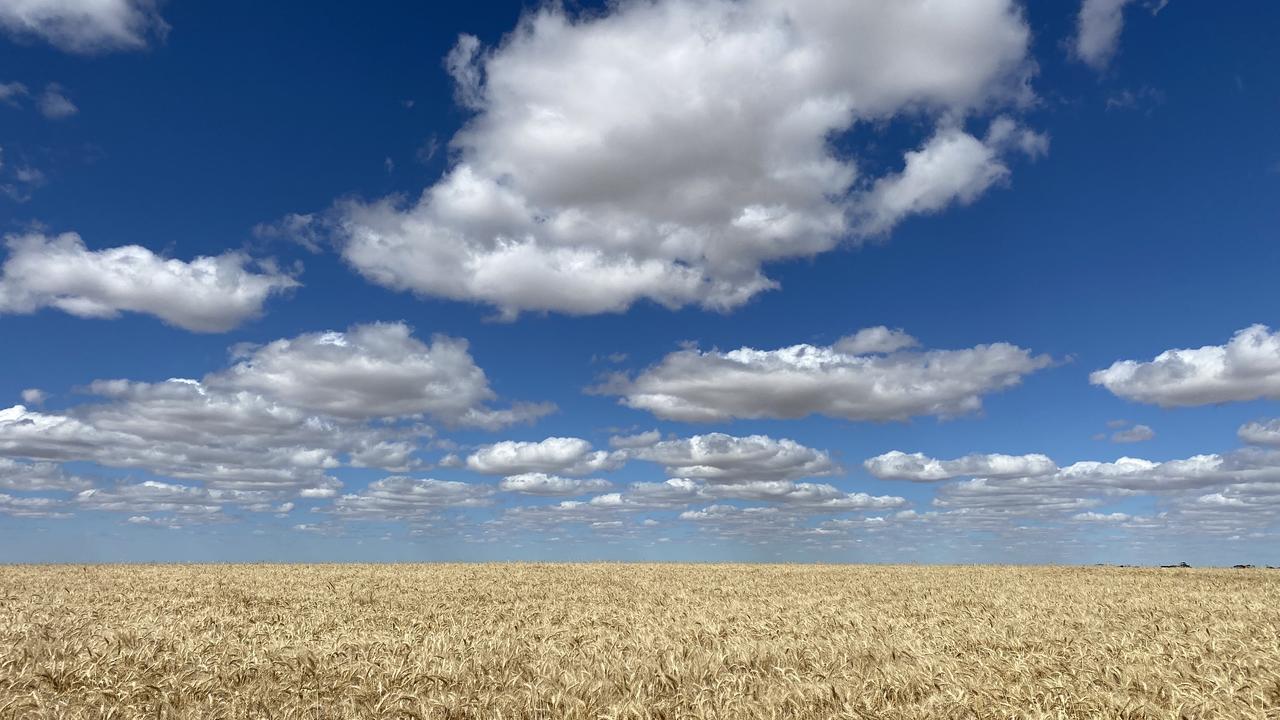Cranmore Farming, drought proof desal sets a new standard
Mother Nature throws a lot at farmers, but at Cranmore Farming in Western Australia they are starting to fight back.
The following is a eulogy for simpler times.
When farmers weathered extreme climatic conditions and isolation as part of the job and put up with their lot. When they sat around kitchen tables talking about politicians, not becoming one.
When they were not part of a university research project.
But it is 2022 and things are getting complicated.
As current shire president of a region 160km north of Perth that came within five days of running out of water a few years ago, Tracy LeFroy became very aware of the importance of water security.

As owner of Cranmore Farming, with husband Kristen, a family business focused on the profitable and sustainable production of grains, oilseeds, sheep, wool and beef, a plan was hatched to secure stock and spraying water for the enterprise by desalinating the brackish groundwater that runs below the red and brown and clay soil.
The Moora region is most well-known for its fierce summer sun and mean rainfall of just 400mm per annum on a Mediterranean season, typical WA wheatbelt country, billiard table with rocky ridge lines.
“We were essentially looking to drought proof our operation after a run of dry years, coupled with long-term climate change data pointing to a drier climate,” Tracy said.
A solar-powered desalination plant was subsequently installed, in collaboration with Murdoch University and Mork Water, modularly to extend capacity.
With a salt content of 10,000 parts per million, the water for the bore is pumped into two tanks – one for desal water, one for blended water.
From there, the desal water is piped to the confinement feeding area for the sheep, saving the couple from buying-in scheme water when dams run dry.
“When we started there was a lot of trial and error in the pilot, but it has been a privilege to be part of the research and making the small variations until we get it right. We are now at the forefront of the technology and have a unit that works really well for us,” Tracy said.
“Some may find it cost prohibitive but as a risk management tool we thought it was worth the investment of time and money for us, and using our assets to make more profit as efficiently and as sustainably as possible.”

The desal unit pumps out 2000L of water per hour to support a confinement feeding set-up built to house 5500 stud and commercial merino and poll merino sheep.
The animals roam over 1645ha of pastureland covered with annual pasture, clover, oats and the perennial pasture legume tedera, renovated as required.
The desal plant also allows Tracy and Kristen to defer pastures and increase growth rates for lambs and sale stock destined for local processors and exporters.
Crucially, it also means the couple can offload stock earlier in the season.
The desal water is also used for spray water for the couple’s cropping program, spread across 4500ha of partly owned and leased land.
“We have had groups of farmers come through every few months looking at our desal plant wanting to know how they can do it, I would suggest for those without access to groundwater that these will become increasingly common,” Tracy said.
More Coverage





